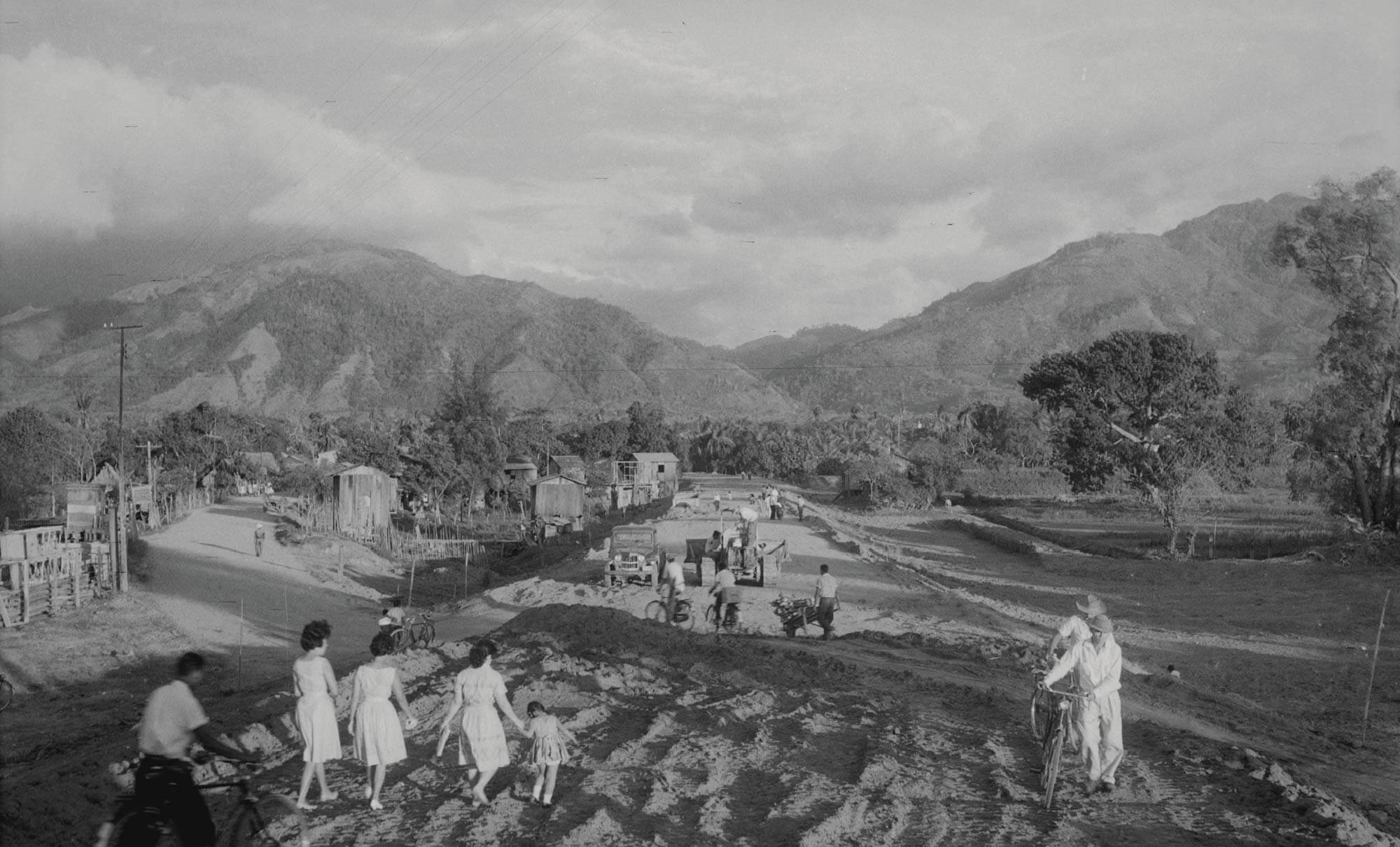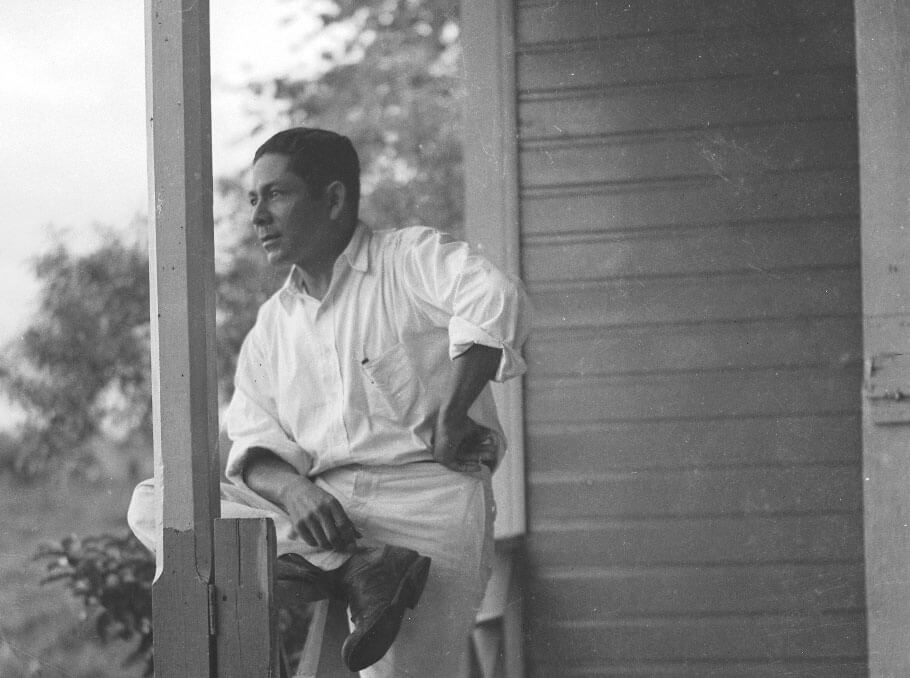
From 1926 to 1983, Rafael Platero Paz photographed the diverse working people and families in a banana company town in Honduras.
By the 1920s, the United Fruit Company had acquired much of the fertile land across the Caribbean coast of Central America. In 1954, workers for the company, now known as Chiquita Brands International, went on strike for sixty-nine days. The town of El Progreso, founded in 1893 by smallholders and mahogany traders, served as a primary base of support for the striking workers. In the 1960s and 1970s, thousands of subsistence farmers, or campesinos, organized a massive and relatively successful movement for land reform. From 1926 to 1983, Rafael Platero Paz was there to photographically document each of these social transformations. El Progreso has thus had a disproportionate impact on the life and culture of Honduras.
As an artisan and an entrepreneur, Platero Paz dedicated fifty-seven years to documenting everything from children receiving their First Communion to the 1954 banana workers’ strike. With his photos, he enabled a racially and ethnically diverse labor force, as well as women, subsistence farmers, and children, to inscribe themselves as honorable, respectable participants in the construction of a new national imaginary. When Platero Paz died, he left everything—including ten boxes of prints and negatives, as well as three of his old cameras, some lenses, receipts, and other equipment—to his daughter, Aída Dolores López de Castillo. An amateur historian, Profesora Aída published several pamphlets on the local history of El Progreso. When she died, she bequeathed the entire archive to her three sons: Pedro Castillo, José Castillo, and Oswaldo Castillo.
The University of Toronto Mississauga is preserving and digitizing these documents to make them available to researchers around the world through the Visualizing the Americas digital humanities project.
The Rafael Platero Paz papers are comprised of thousands of photographic negatives and paper prints, photography equipment, and materials from his life and work in the banana zones of Honduras and with the Salavadoran Consulate in Honduras.
